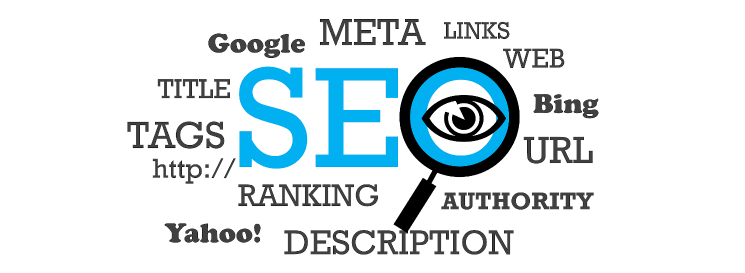What are meta descriptions?A meta description is an HTML tag used to describe the content of a web page and refers to the text that appears below the link and title in Google search results.
Is is, therefore, the meta description that provides visitors with a summary of the content they will find on the page.
Why are they important? Although it doesn't have direct effects on Google's ranking, it doesn't mean that it should be left out.
As mentioned before, it is through the meta description that visitors get to know what the page reffers to. For this reason, it is important to think about the construction of a meta description that is descriptive of the content to which it refers and that is appealing in order to bring more clicks to your website.
Another factor to be taken into account is related to the fact that when there is no defined meta description, Google ends up using a part of the page's content as a meta description, which can result in a less attractive description in the search results.
How to write a meta description? 1. Pay attention to the size of the meta description One of the main challenges in creating a meta description is its length: It shouldn't be too long otherwise it won't appear in it's entirety, but it shouldn't be too short to reveal the content of the page.
A meta description should not exceed a maximum of 160 characters. However, you sould be careful not to write meta descriptions that are too short, making them incomplete.
2. Be objective Remember that is through this short text that people get to know the content of the page and decide whether or not it is relevant for them. So don't write redundant descriptions, or that don't reflect the content of the page.
3. Try to use keywords As mentioned earlier, if a
keyword matches any term in the meta description, the match appears in bold, capturing more attention from visitors.
4. Use "calls-to-action"The purpose of a compelling meta description is to persuade visitors to click to your website. The use of "
calls-to-action" can help with this persuasion.
Expressions such as "Buy now", "Book now" or "Click to learn more" are examples of expressions that can help in the process.
Veja Também:

